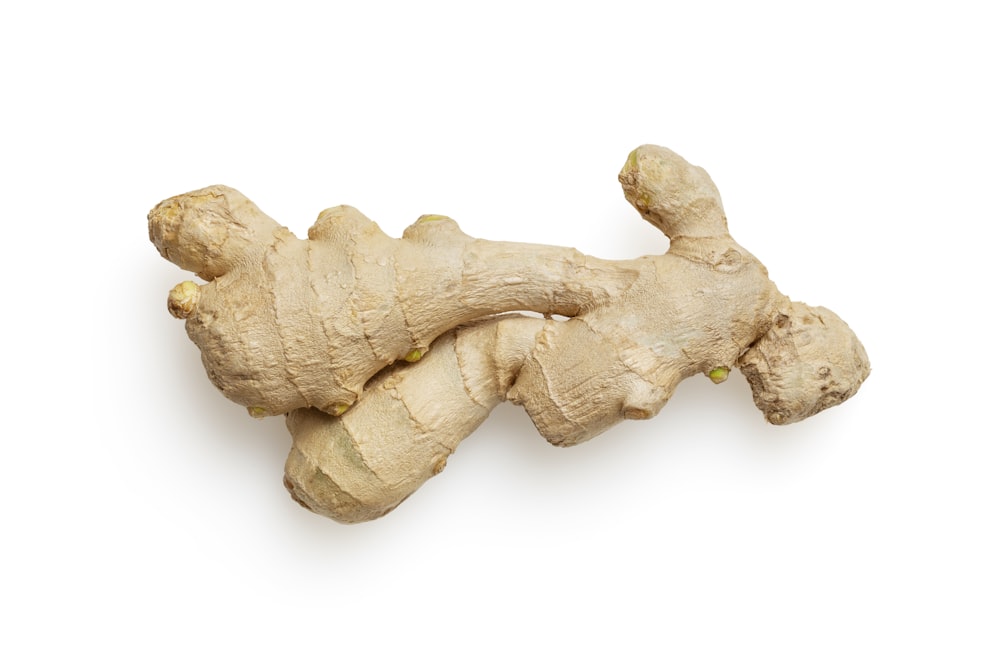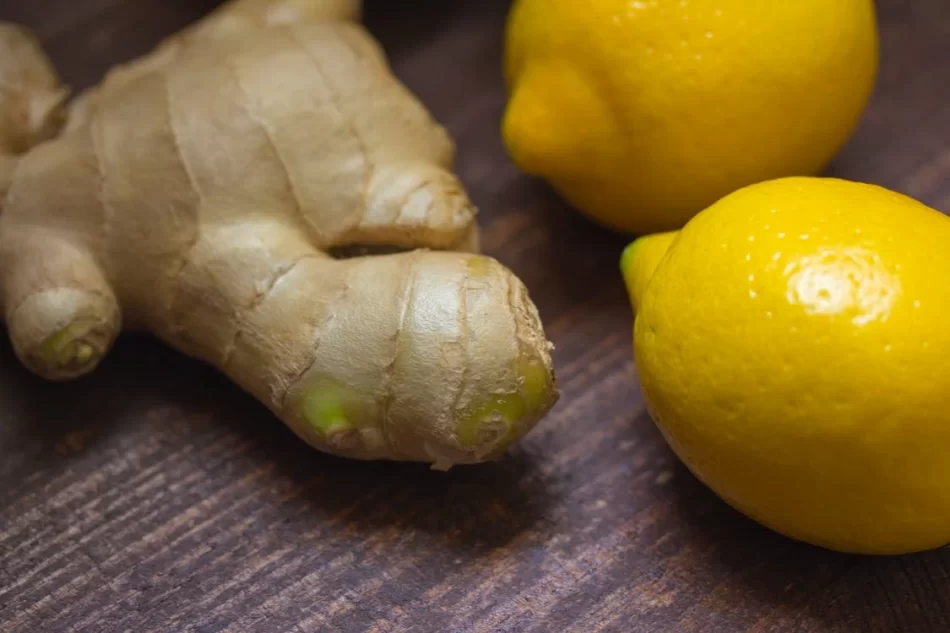The only way to know how long fresh ginger is good is to look at the purchase date, as it does not have an expiration date. Ginger comes in various textures, including whole root, paste, dried, chopped, powdered, salt, pickled ginger, and ground ginger. Fresh ginger has a long shelf life, but how you store it can make a big difference in how long it will keep for you.
Fresh ginger is good for up to 1 week when kept at room temperature and up to 1 month when kept in the refrigerator.
Ginger, which comes from Asia, has a long history as a medicinal spice. It is now the world’s most popular ginger. Ginger has added flavor to diverse meals and beverages since it originated in China.
Gingerol, one of the plant’s natural oils, is responsible for the spice’s distinctive flavor and smell. In clinical studies, gingerol has been linked to anti-inflammatory and other health advantages.
Many people are unsure how long fresh ginger lasts. Purchase a weird-looking root from the supermarket to use in a new dish. You could wind up with just a bit of ginger root residue after grating a teaspoon of ginger root.
You’ve probably got a lot of ginger on your hands, wondering what to do. Ginger can be kept for a long time in the refrigerator, so there are many options for storage.
How Long Is Refrigerated Fresh Ginger Good For?

Refrigeration is a typical way to keep ginger, as it is for celery. If you want to use ginger root frequently, the ideal storage method is to chip, peel, or whole it and store it in the fridge.
Fresh ginger can be held in the fridge in an airtight plastic bag. If ginger is exposed to oxygen or dampness, it will grow mold. The airtight container protects them from oxidizing and getting moldy. Whole, unpeeled ginger roots may remain fresh for two months if stored.
You can store fresh ginger roots in the refrigerator to make ginger tea or grate for a meal. This is also true of ginseng and ginger roots. If you want to keep the ginger paste in the freezer, it’s feasible. To stay fresh ginger healthy, it should be placed in the dark. To prolong its flavor and freshness, you can store it in various ways. It may be kept in the refrigerator for up to a month, as long as the root is not peeled or chopped.
Place a whole ginger root with the brown skin still on in the vegetable crisper of your refrigerator. Add a few drops of dry sherry to peeled or chopped ginger in a glass jar.
Red quinoa is another long-term food storage option. Make your favorite stir-fry with the rest of the ginger and sherry. You can use kee grated ginger in the refrigerator in a paste by combining it with salt and sealing it in an airtight container.
How Long Is It Good to Keep Ginger in the Pantry?
Unlike many other fruits and vegetables, ginger has a bark-like covering. This covering helps the ginger stay fresh for a longer period at room temperature for much longer. Holding ginger in the pantry is simple if you intend to use ginger within the next week.
Ginger root can be kept in an open-air dish without peeling or washing it for a long period. Keep ginger in a cold, dark location free from direct sunshine.
Store your ginger at room temperature until you’re ready to use it in the pantry or a dark corner of the counter.
Fresh ginger should be placed out of a plastic bag at the supermarket or placed in plastic wrap for as little time as possible because it retains moisture, which causes deterioration. Please keep it in the fridge for up to seven days to achieve optimum results.
How Long Is Freezing Good For Ginger?
If you won’t be using the ginger within a short time, freezing it is a good idea. The state of the root will determine how you preserve it.
Frozen ginger can be stored for up to six months. You can also keep peeled garlic, as shown above.
You can make a paste of peeled garlic by adding salt to it. Place the pasta in a freezer bag in the freezer.
To keep ginger fresh, wash the entire root and peel it before cutting it into one or two-inch chunks and storing it in a freezer bag or sealed container. To remove extra moisture from each piece of ginger, gently wipe it with a paper towel.
The Best Way To Tell If Ginger Is Bad

There are several ways to check your ginger. I will only tell you the easiest and quickest way to check on your ginger root after it has either frozen, refrigerated, or been kept in the pantry to ensure it hasn’t begun to go bad.
Visual inspection is the most reliable technique for detecting whether or not ginger has gone bad. You may tell if it’s a whole root by how it feels. It should not be soft or damp in the slightest.
If you’ve previously trimmed your ginger, check the end for mold. If you have peeled ginger, you’ll see that as it goes rancid, the edges become dark. Toss any ginger that shows these signs.
Preparation Of Ginger For Cooking
Adding grated frozen ginger to your favorite smoothies is a great way to add extra flavor. Thawing the ginger is a prerequisite if you intend to slice it.
Fresh Ginger Preparation:
- A ginger root the size of a thumbnail
- Vegetable peeler
- A sharp knife
For usage, remove a thumb-sized piece of fresh ginger. Using a metal spoon or a vegetable peeler, scrape off the brown, rough skin. Grate, mince, slice, or chop the garlic as directed in the recipe.
Conclusion

Ginger is a tasty and nutritious spice used in various recipes. To keep ginger fresh and from spoiling, you should store it correctly.
You can also keep fresh ginger in the fridge in an airtight plastic bag to make it good for a longer time. If ginger has exposure to oxygen or moisture, it will mold. The airtight container protects them from oxidizing and turning moldy. Freshly grated ginger roots may remain fresh for up to two months if stored this way.
Related Articles:

